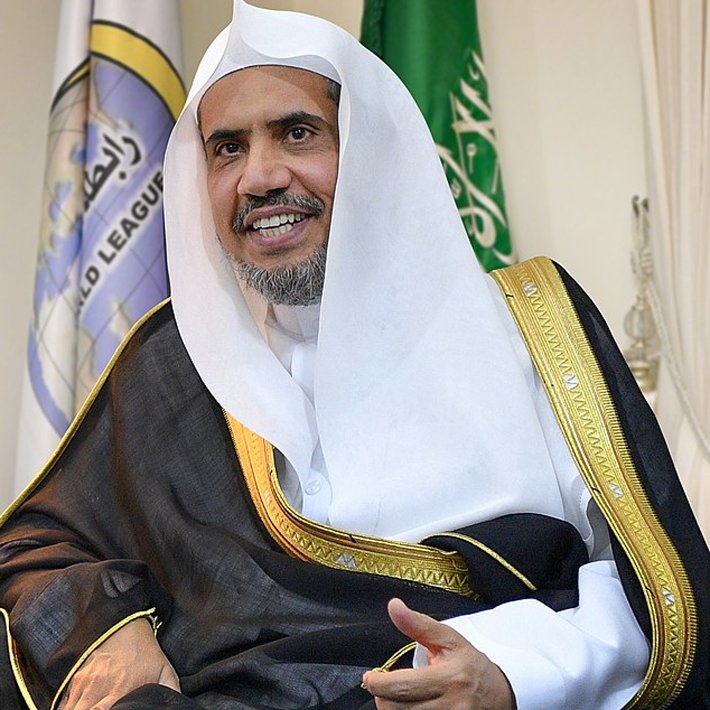Muslim leaders from across the Americas have endorsed the Charter of Makkah, a historic agreement aimed at instilling the principles of moderate Islam in their congregations and communities while addressing a range of common challenges and encouraging peaceful coexistence, religious diversity and human rights.

The charter has been hailed by the Jerusalem Post as “the most important document of modern Islamic history.”
Leaders, from the U.S., Canada and Latin America, lent their support to the Charter of Makkah at the March 24, 2022, forum, “Promoting Unity and Global Coexistence.” Held in Washington, D.C., it attracted more than 200 prominent imams, scholars and Muslim community leaders representing every branch of the Islamic faith.
The gathering was led by Mohammad bin Abdulkarim Al-Issa, Secretary General of the Muslim World League (MWL), an international nongovernmental organization whose mission includes presenting “the true Islam and its tolerant principles.” Based in the Islamic holy city of Makkah (Mecca) in Saudi Arabia, the MWL conceived and established the Charter of Makkah, also known as the Makkah Declaration, in 2019.
The charter was a collaboration of 1,200 scholars at a time when discrimination and bigotry against Muslims in many parts of the world had reached an all-time high, according to the Observatory of the Organization of Islamic Cooperation, a 57-nation body that acts as “the collective voice of the Muslim world.”
In his keynote address at the Washington, D.C. forum, Al-Issa said the charter “warns against conflict and a clash of civilizations, hate speech and racism, and calls for inclusive citizenship.”
The forum was held in cooperation with the International Interfaith Peace Corps (IIPC), a Virginia-based nonprofit that facilitates “compassionate coexistence by promoting the sanctity and dignity of life through religious diplomacy.” Attendees held panel discussions in which they examined the varying contexts in which the charter’s principles can be applied across the Americas.
IIPC Chairman Mohamed Magid, imam of the All Dulles Area Muslim Society in Virginia and a former president of the Islamic Society of North America, said implementing the charter has already created “deeper community bonds” and driven “local development efforts forward.”
Forum participants issued a communiqué in which they resolved to take “collaborative actions to address today’s historic challenges”—everything from hunger, poverty, homelessness and disease to illiteracy, marginalization, insecurity, liberty and economic opportunities for all.
The attendees also suggested creating an independent organization for Muslims of all sects and schools in the Americas. Such a body, they said, could eventually welcome members and leaders of other faiths from around the world, including government officials and legislators. This could forward collaboration on common humanitarian issues and goals, particularly universal brotherhood and peaceful coexistence.
_______________
From its beginnings, the Church of Scientology has recognized that freedom of religion is a fundamental human right. In a world where conflicts are often traceable to intolerance of others’ religious beliefs and practices, the Church has, for more than 50 years, made the preservation of religious liberty an overriding concern.
The Church publishes this blog to help create a better understanding of the freedom of religion and belief and provide news on religious freedom and issues affecting this freedom around the world.
The Founder of the Scientology religion is L. Ron Hubbard and Mr. David Miscavige is the religion’s ecclesiastical leader.
For more information visit the Scientology website or Scientology Network.


